In a previous post titled Becoming ‘The Client Whisperer' Vol1 I tossed around some basic starter words and phrases. These are all feel-good, superficial conversational tones, applicable to many walks of life beyond clients. All good, but what about those times when you need to tell your clients something important? Bad news, compelling argument, important information, and the like?
This requires a slightly different approach. The number one rule when presenting any information that is valuable is to be direct. Direct does not mean rude. That may seem like an unnecessary distinction but I promise you it's an important one to make for two reasons:
1) some people really don't know the difference;
2) being direct naturally makes many people defensive so you need to tread wisely to respect your relationship.
“I think you can make a better decision on that and here is why…”
Nobody likes to hear “no”. But sometimes you have to tell a client they are wrong. Presenting the change as something they control and giving them the power and information to make the better decision is more likely to get them in your corner with the least amount of convincing. Attacking their position directly without regard for their role in it is likely to bristle them and hinder any actual progress.
“What I'm about to say is important…”
Yes I'm serious, just tell them. It's a very easy and natural way to get their focus. Follow it up with some language like “because I want to make sure we are on the same page,” or “so please let me know if you have any questions.”
“Does that make sense?”
I say this 1000x a day to everyone (I'm sure anyone that has worked with me on a project is rolling their eyes and groaning in agreement). It's a check-in to be used throughout any important discussion. It signals an agreement and understanding and is a green flag to move on. Any hesitations or questions signals a red flag that you are not communicating well yourself and can lead to trouble down the road.
“No.” or “Yes.”
If you are asked a direct yes or no question just answer it. Don't assume you know the intention and offer explanation as to your answer. They will ask. It's important and imperative that they ASK. This switches the balance of the conversation to you, they are directly asking you for your input/consult and will be listening much more intently if you just offered it up immediately after answering.
Do you have any special tactics you use to ensure that your clients are listening? Or strategy to being direct while oozing finesse?



